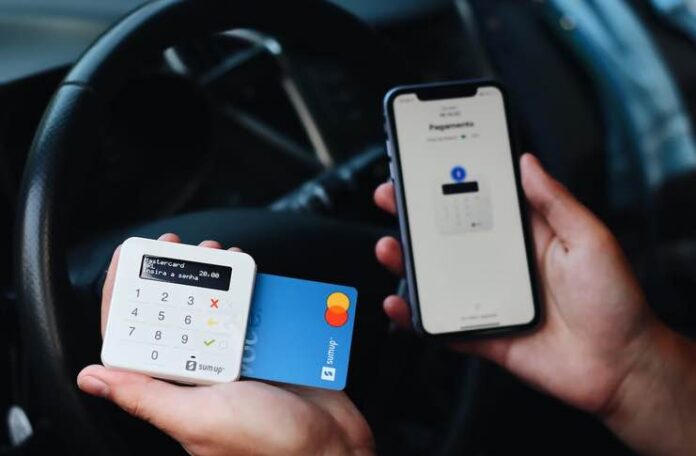
Businesses suffering from chargeback fraud are nothing new; in fact, this is something so familiar that one would not even see news reports covering these stories. Fraudster looking for ways to take advantage of hard-working people is nothing new. And chargeback fraud is certainly one of the most common ways they can do that. However, before we get into the topic and learn ways retailers can reduce chargeback fraud risk, understanding chargebacks are essential.
What are chargebacks?
Chargeback is simple demand made by a cardholder for a retailer to return their transaction amount for one reason or another. Now, there can be many reasons for chargeback requests. It could be because of mistaken order placement, canceling of order due to delay in delivery, or poor quality of products.
This service was intended for a good purpose, for the benefit of the consumer. But that does not mean there are no ways for nefarious actors to take advantage of this. And this is when we pivot to the topic at hand, how retailers can reduce chargeback fraud.
How Can Retailers Reduce Chargeback Fraud:
1. Add security measures with 3D Secure.
Investing in 3D secure technology is becoming more and more crucial for businesses that want to stay relevant in modern times. It is something that many merchants understand, and that is why there is a rapid rise in 3D secure security measures being put in place in many businesses. 3D secure is simply designed to secure online transactions done via cards.
It also removes the liability from the merchant in case of any fraud chargebacks, as the cardholder has to verify the transaction before it goes through. Opting for a 3D Secure system reduces the risk of unauthorized card usage and boosts the buyer’s confidence, accelerates sales, and more.
2. Use Blacklists
This can be really helpful for retailers. If a fraudulent actor has been successful in their attempt in the past, they will try the same again, possibly on a new target.
It is something that would not come as a surprise. Luckily repeated offenders can now be eerily blocked and blacklisted from the server to raise such a request with any business.
A blacklist that has been added and improved upon by every business will only prove to be beneficial for a retail business.
3. Regularly communicate with customers.
Not all chargebacks come for fraudsters hoping to make some quick buck. No, in most cases, businesses handle genuine requests from customers that are, in one way or another, not satisfied with the offered product or service. But businesses can easily prevent things from escalating to such levels.
Take the case of a customer who is unsatisfied with the delivery of the product and wants to return the item. Now, they can either go to their bank operator and request a chargeback on a specific transaction or simply connect with the retailer to ask for a refund.
It goes without saying that it is the second scenario that happens in most cases, and businesses can take advantage of this. If the business is in constant communication with their customers or at least allows customers to easily connect with them, they would enable the customer to settle the matter between both parties without even involving the banking partner. A business can initiate a refund without them needing to receive a chargeback claim.
4. Opt for billing descriptors
It might surprise many, but many of the chargeback claims are simply filed by mistake, with the customer not being able to recall making the so-and-so purchase. And honestly, they would not be entirely at fault in such cases.
Many businesses have different registered names and trade names, which makes it difficult for clients going through their bills to recall their spending. The simplest solution is opting for a competent billing descriptor and using the same trade name for all transactions.
5. Carefully choose a payment processor
Last but not least, one needs to be extra careful in choosing an online payment process to assist in their eCommerce business. Not only do they have to be a reliable partner, but they must be using the latest anti-scam technology to protect the business’s interests. The payment landscape is complex, showcasing the importance of being right when choosing a payment processor.
Now, retailers have solutions available to reduce chargeback fraud. The above-mentioned ways will surely help retailers to reduce chargeback fraud.
Arun is an avid blogger and business expert. He’s been in business from the moment he finished school and hasn’t stopped growing ever since.




